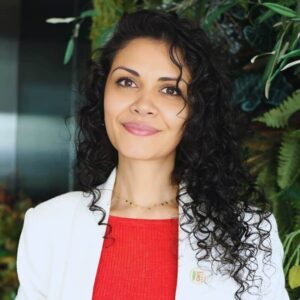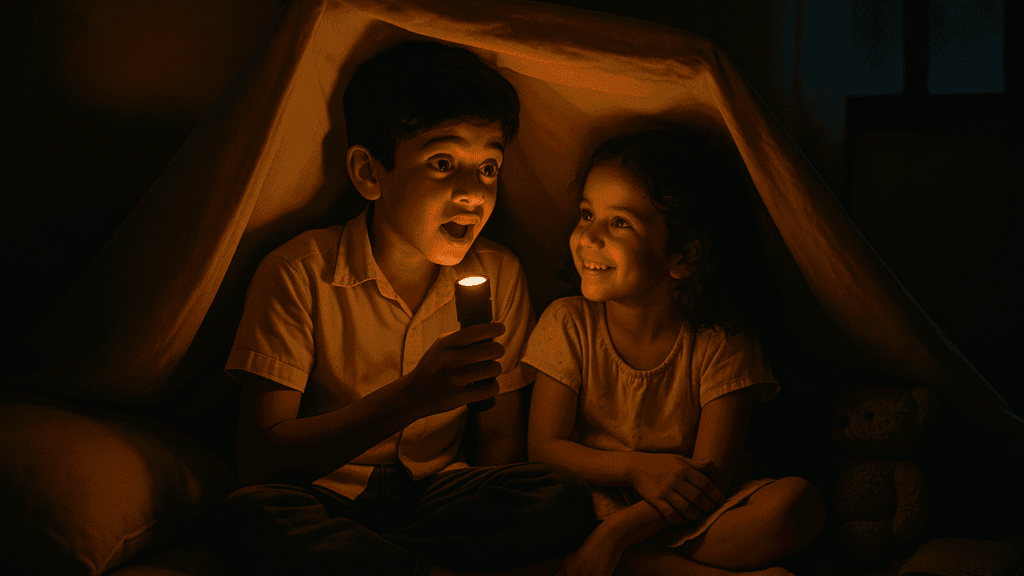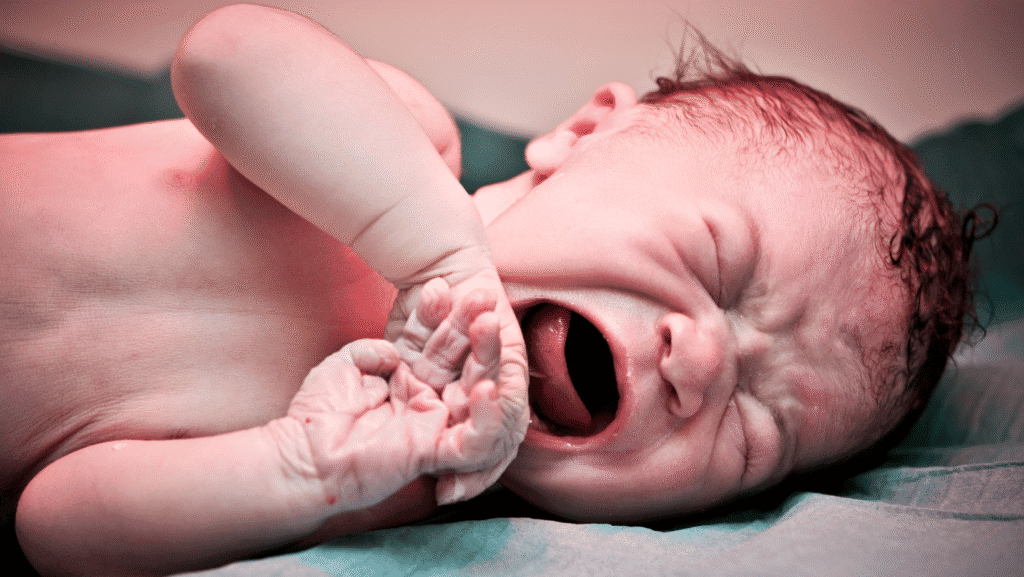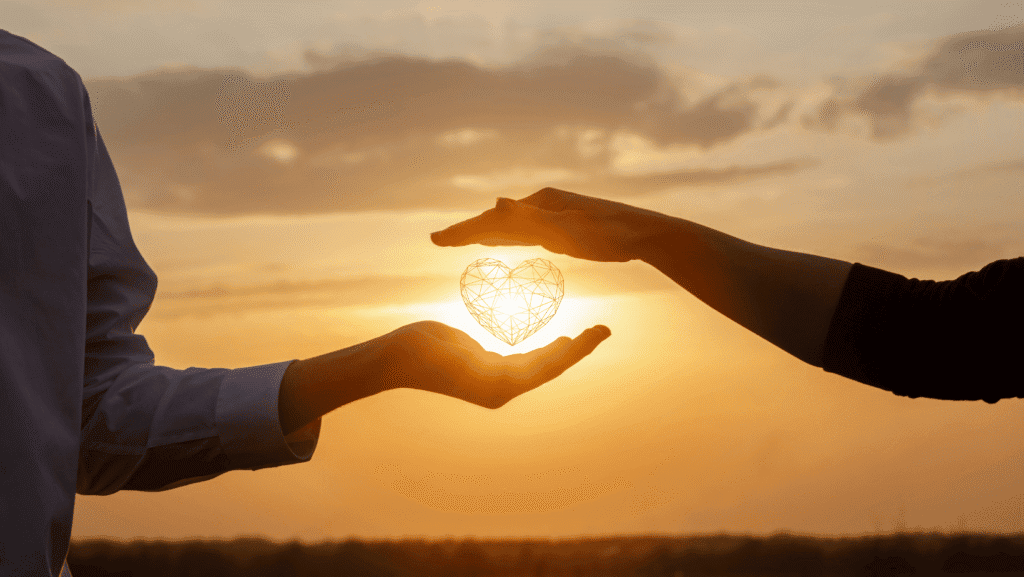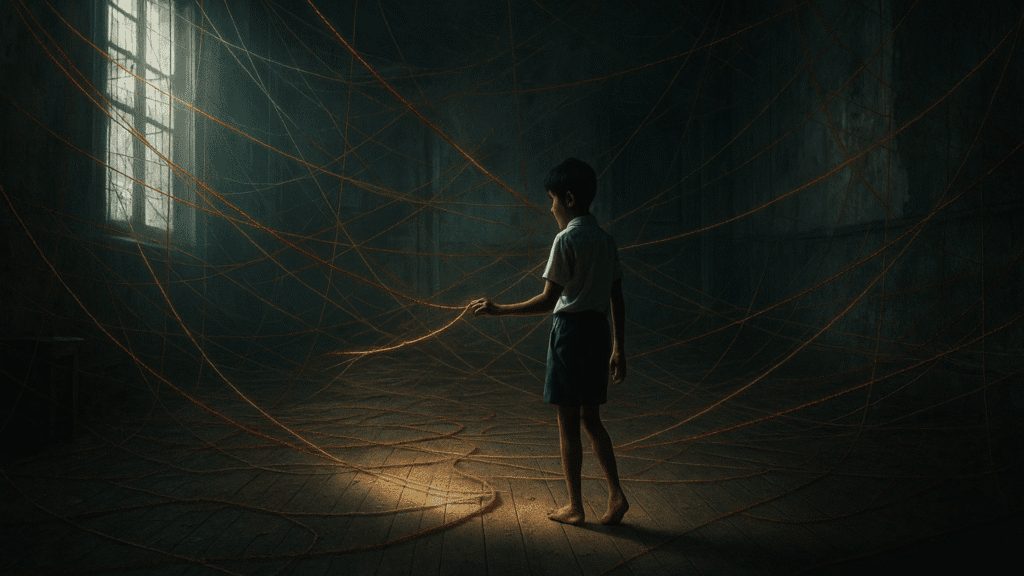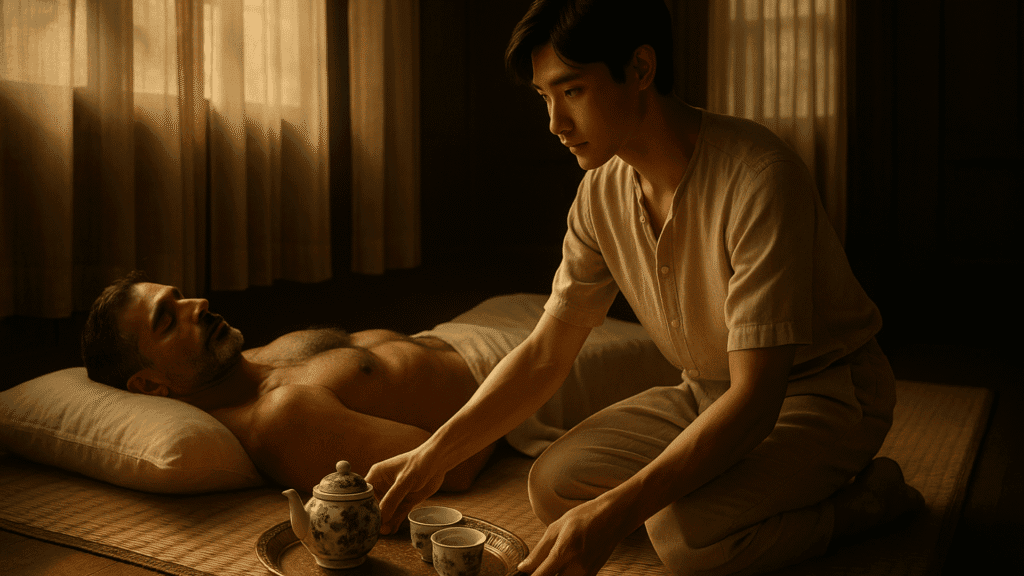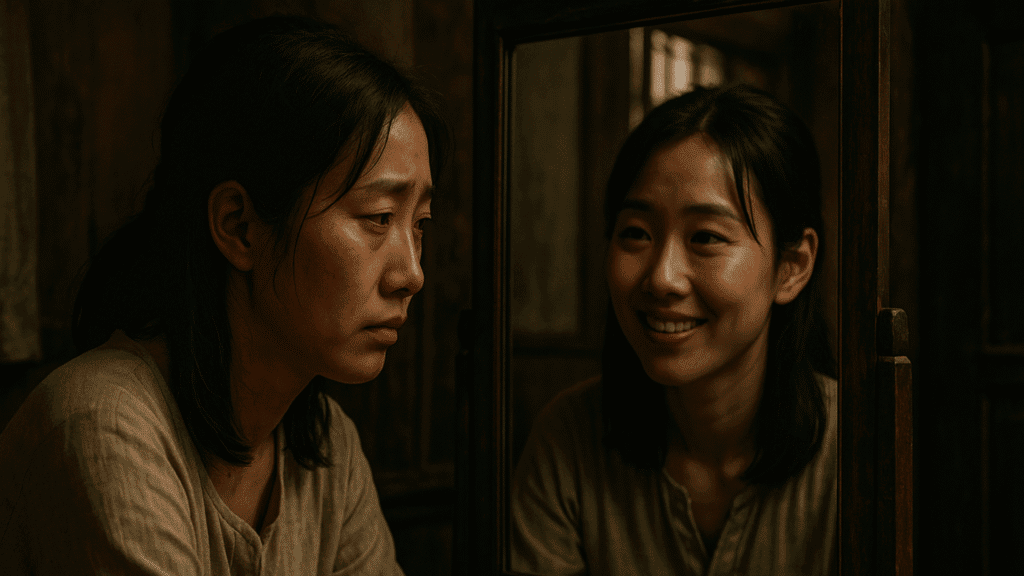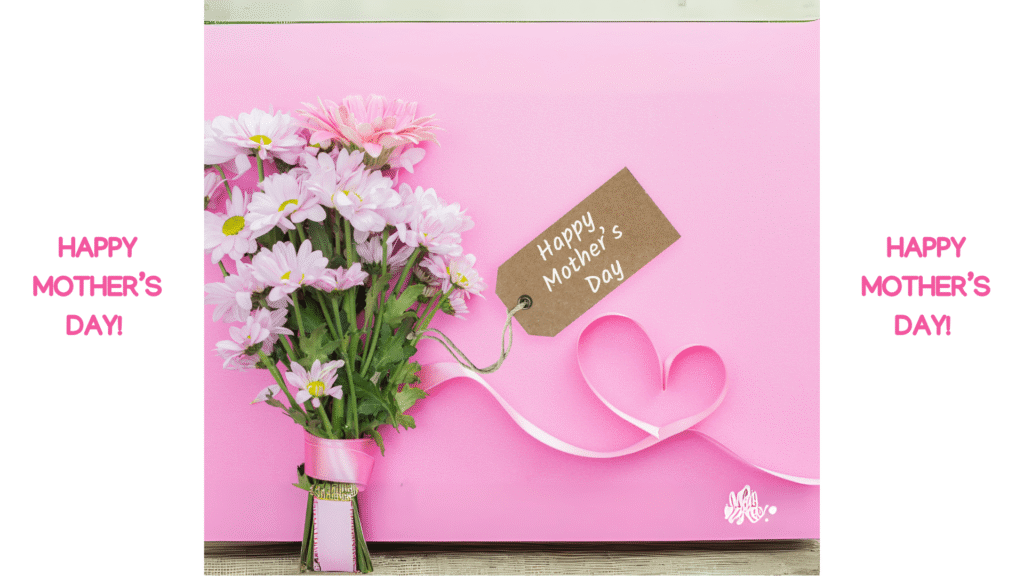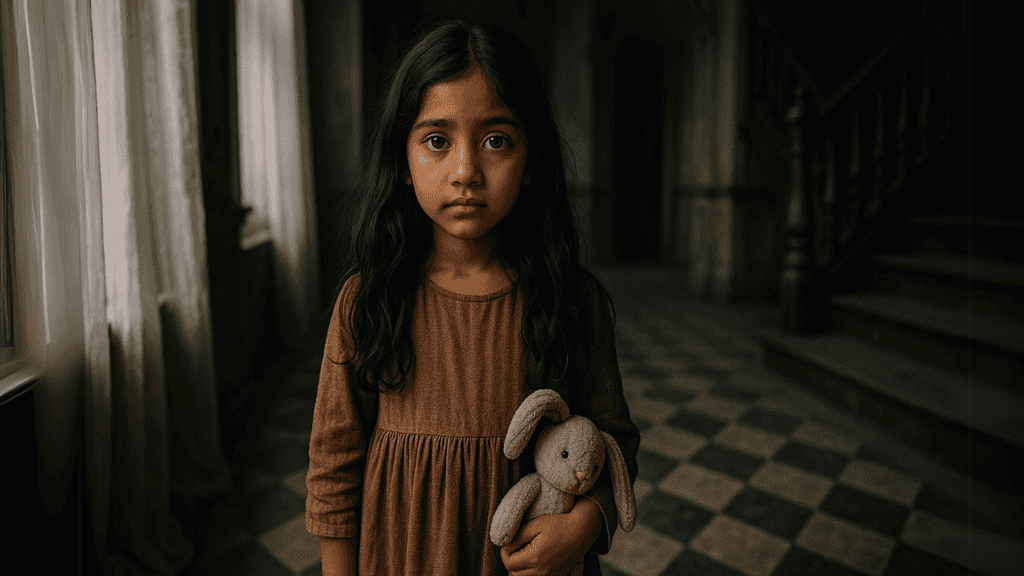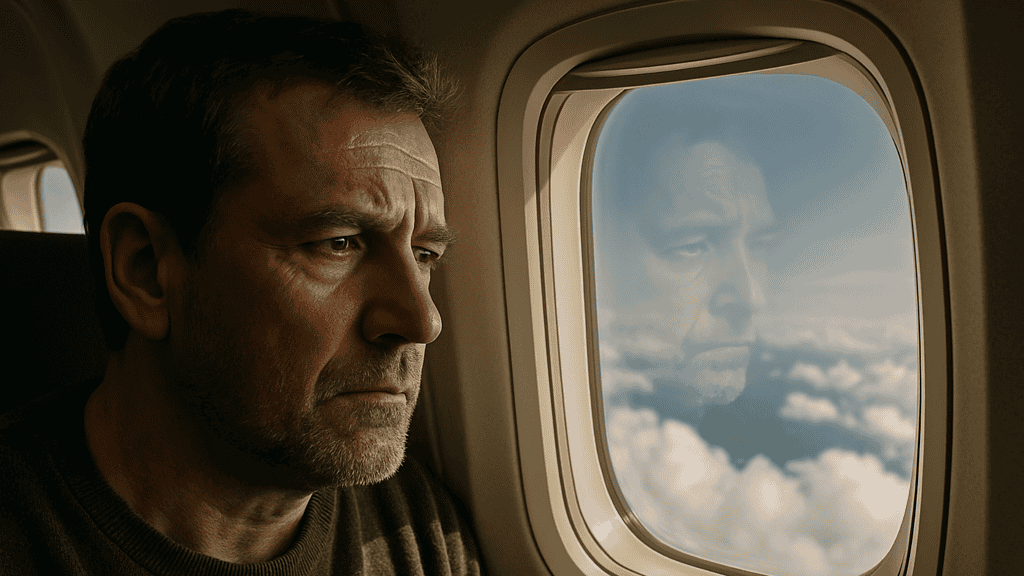Now that it’s the month of love, with Valentine’s day around the corner, I thought I would share some of my insights and learning experiences about LOVE.
So, what comes to your mind when you hear the word LOVE?
What does love mean to you?
Isn’t that interesting that there are so many kinds of love? The love of a parent; is the love that’s supposed to be the most unconditional. The child’s love for their parents; is so innocent and pure. Sibling love; is the best friends we are born with and the love of our friends and romantic partners that give more meaning to life.
With my experience as an Interpersonal Relationship Specialist, I have encountered my clients get into interesting situations in life for the sake of “LOVE”—especially, romantic love. While Relationship Red Flags are one of the most commonly discussed topics, it is also something that is greatly ignored, mostly due to lack of awareness and fear of ‘losing the relationship’.
As the joke goes, “Our Brian only stops working when we take an exam or fall in love!” While many can say this is true, have you ever wondered why that is?
It’s interesting when you come to think of how we chase love one way or the other. We fight and compete for love, lose our minds over love, kill for love, die for love, and basically, go to extremes for the promise of LOVE!
Is it because ‘being in a relationship is overrated, or a social expectation, or is it because we are starving for love?
How much are we willing to scarfies for love? The most important question is why we do what we do for love.
While being in a relationship and having a true partnership can fulfill us in unimaginable ways, some of our behavior patterns are questionable when it comes to choosing a partner and getting into a relationship.
Have you ever seen people who just can’t be on their own? That they have to be in a relationship all the time, and they fear loneliness and often struggle with boredom?
Some people constantly change their partners and find it challenging to maintain healthy relationship dynamics. They may become abusive toward their partner, struggle to stay loyal and truthful, or are unsatisfied regardless of what their partner contributes to the well-being of the relationship.
Perhaps you may have seen people who get stuck in unhealthy, toxic relationships. In some cases, they even experience emotional, physical, mental, and sexual abuse. Yet, they struggle to walk away because, deep down, they’d rather hold on to someone than be in their own company and seemingly not be loved.
Then there are those who chase love constantly and are unable to find the right partner. They do possibly everything they can, yet, wonder, WHY AM I SO SINGLE? WHY CAN’T I FIND A PARTNER?
In my personal experience, I have had several so-called ‘failed relationships’. I have never been in a relationship with a BAD PERSON. They were not bad people; they were just mirrors. They reflected on what I was going through internally and projected my own insecurities, pain, and wounds right back at me. They showed me my toxic behavior patterns and where I need to heal and make a difference. Was it easy? Absolutely not!
I had to go through the same experience over and over, but now when I look back, it fascinates me to see how I manifested the same painful experiences through different people. I had to learn the same lesson again and again until I became aware of my own unconscious beliefs that tied me to repeat some of these toxic cycles.
As someone who used to battle Clinical Depression starting at the age of 16, I also had people-pleasing tendencies. I needed to be liked, and I craved validation and acceptance from my loved ones. I needed their permission for everything to the point I didn’t know who I was. Love was a difficult subject for me because I felt I always had to work so hard to ‘earn’ love and that I had to be on my best behavior and please others in order to receive love.
I felt so nervous all the time, making sure I say and do the right thing, and I don’t upset anyone’s feelings. I was so tired of walking on eggshells that I started to question, WHAT IS LOVE? And WHY AM I SO DESPERATE to find it? It felt as if I had a hole in my heart that could never be filled.
I would constantly choose people who prove to me that I am not worthy of being chosen to be their partner, that I am “NOT GOOD ENOUGH”. They would either pick another person over me or were still caught up in their past lover, cheat on me, or just make everything else in their lives a priority except me.
I genuinely believed that there was something wrong with me and I did not deserve love. I just didn’t understand how I got to that point to believe such a cruel and unkind thing about me. Dealing with heartbreaks was normal to me, and whenever I had a love interest, I would think, “what’s the point? He will leave me anyway.” Or “it’s only a matter of time before they find someone who is better than me.” Guess what, I was right!
Now, suppose you are wondering why I am saying all these things and how they are relevant to what I am most passionate about, Child/ Adolescent Development and Parenting. In that case, there is an excellent connection between our upbringing and how we give and receive love and develop relationships in our adulthood.
We live in a world where being ‘single’ is perceived as something to be concerned about, a lack or a problem that we need to fix. I have had so many people ask me; you are so this, you are so that, why are you still single? Interesting, isn’t it?
One of the reasons I consciously chose singlehood is that I wanted to find who I am and how to give the love to myself that I was seeking from the world outside. I wanted to know ‘What does it mean for me to love myself?”
In my opinion, Self-Love is so overrated, but it’s also greatly misunderstood. We all talk about self-love, then why is it so hard for us to love ourselves? We grow up under the care of our loving parents, and that is the love that is closest to unconditional. If that was the case, then what happened to us? How did we learn to unlove ourselves?
I am not pointing fingers at our parents and saying they did a lousy job loving us. As the primary caregiver of a child, our parents are our first ever role-model. We learned what love means, how to give and receive love, and how to perceive love and apply it in real life to ourselves and the world around us from our parents.
One thing most people are unaware of is that there are many different parenting styles, and we have learned these styles from how our parents parented us. How we demonstrate love towards our children is entirely based on how we were loved as children. It’s another cycle we pass from one generation to another.
For example, if someone grew up in a household where the parents were emotionally unavailable or neglectful, they may either constantly attempt to please others, or they may misbehave just to receive the attention they crave. They may withdraw from people and appear uncaring or develop a fear of emotional closeness and may shun intimacy in relationships.
They are at risk for emotional problems throughout the rest of their lives. The degree of neglect and individual vulnerability apparently affect the magnitude of the consequences.
Same way, growing up with an Authoritarian Parent who enforces strict rules and high demands, and discipline, where the child has no voice or freedom in the family, produces psychological harm in the long term on how they develop and maintain healthy relationships. These parents rely on punishments and rewards as the primary form of discipline.
Physical punishment and emotional coldness are common features in these families. Because these children don’t get the opportunity to express themselves without getting judged or harshly scolded due to their parent’s strict rules, they are unable to express their true feelings towards themselves and others, so they do not know what they are looking for in a relationship or a partner. The harsh criticism can make them feel inferior and can cause them insecurities. They develop extreme self-critical behavior patterns and believe that love is hard-earned.
Believe it or not, in most cases, the problems of my clients bottom down to that “I am not worth it,” “I am not good enough,” or “I need to be a certain way or have certain things to deserve love”. Lack of self-worth seems to be the root cause of many problems. It’s scary and heartbreaking at the same time.
We are on this blue planet for a short period, and it is our birthright to be loved! Everything we do, say, think either come from love or lack of love. At the end of the day, we all want to be loved. Although we keep giving away our love so freely to other people hoping it will make us feel loved and accepted, true love can be found only within. (At least, that’s how I see it.)
To me, self-love is the highest form of unconditional love we can ever experience, and we don’t even have to chase, beg or die for it because it is always within us and available to us whenever we need it. But we also need to remember; self-love is not just another activity we do. It’s a way of being. In order to fully experience it, we need to become the love we are seeking.
When we can truly accept ourselves and hold positive regard for ourselves no matter what, that’s when we know we are giving the love to ourselves we may not have received as children. It may not be as easy as it sounds, but it’s definitely possible and beautiful.
Self-love is like a muscle. Like how you don’t eat a salad, workout your abs one day, and expect a six-pack to show up the next day, self-love requires our full attention and practice. It may be giving yourself a hug, looking at the mirror and say I love you, you are safe, I am here for you, leaving that person who makes you question if you are worth it, or resigning from the job that drains the soul out of you or says NO to those toxic family members and friends or making a lifestyle change.
The question is how far are we willing to go to provide the love we seek for ourselves? How badly do we want to be loved by ourselves? How deeply are we prepared to meet our authentic selves and accept who we are?
Love is not the problem, my friends! In fact, love is the answer. The promise of the sunrise, the waves of the ocean, a seed growing out of soil producing its own leaves, flowers, and fruits, the taste of a mango, a warm hug… It’s all love! We are wrapped in love, but because somewhere down the line, we learned love is equal to pain and heartbreak, or love is hard to find and comes with a price tag, we have closed our hearts to see the love that is all around us.
Healing the hurt little child we used to be can be a terrifying and challenging thought, but It is so WORTH it because we deserve our own love more than anyone else in this world.
If you have the opportunity to shape a child’s life, whether you are an educator, a coach, or a parent, remember they are learning to LOVE by watching how you love. If we want a healed world for our children, we need to heal ourselves first so that we can provide a peaceful and healed upbringing to our children.
Over a decade of my experience working with 100s of children and adolescents, something they taught me was, “if you want to teach me something, just love me, and love will teach me.”
That being said, I end this note with lyrics of one of my favorite songs at all times. Until next time, I wish you an abundance of love. Let love guide your way…
Heal the world by Michael Jackson
There’s a place in your heart
And I know that it is love
And this place it was brighter than tomorrow
And if you really try
You’ll find there’s no need to cry
In this place you’ll feel there’s no hurt or sorrow
There are ways to get there
If you care enough for the living
Make a little space
Make a better place
Heal the world
Make it a better place
For you and for me and the entire human race…
-Michael Jackson-
With Grace and Gratitude,
Lux Hettiyadura, ACC


